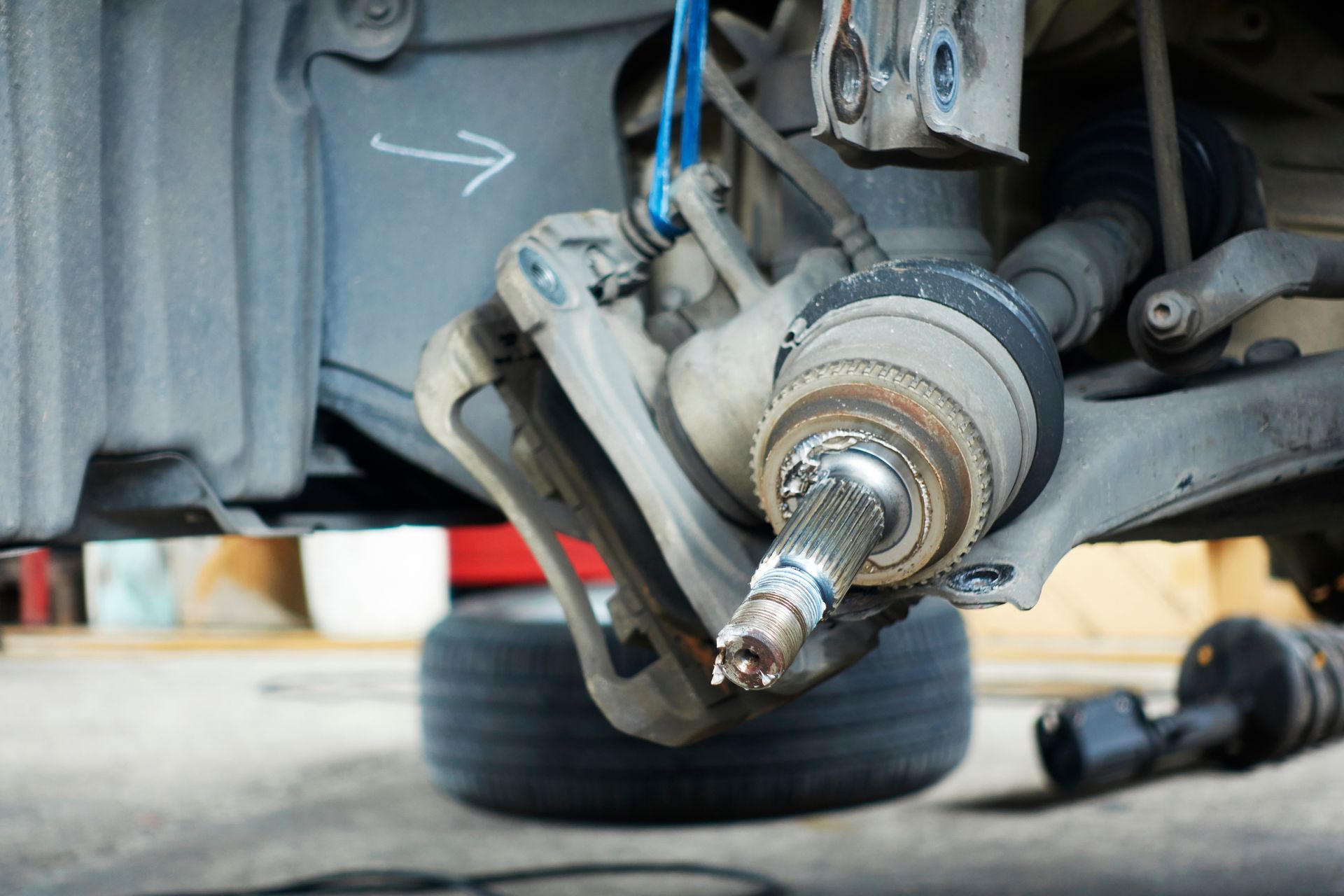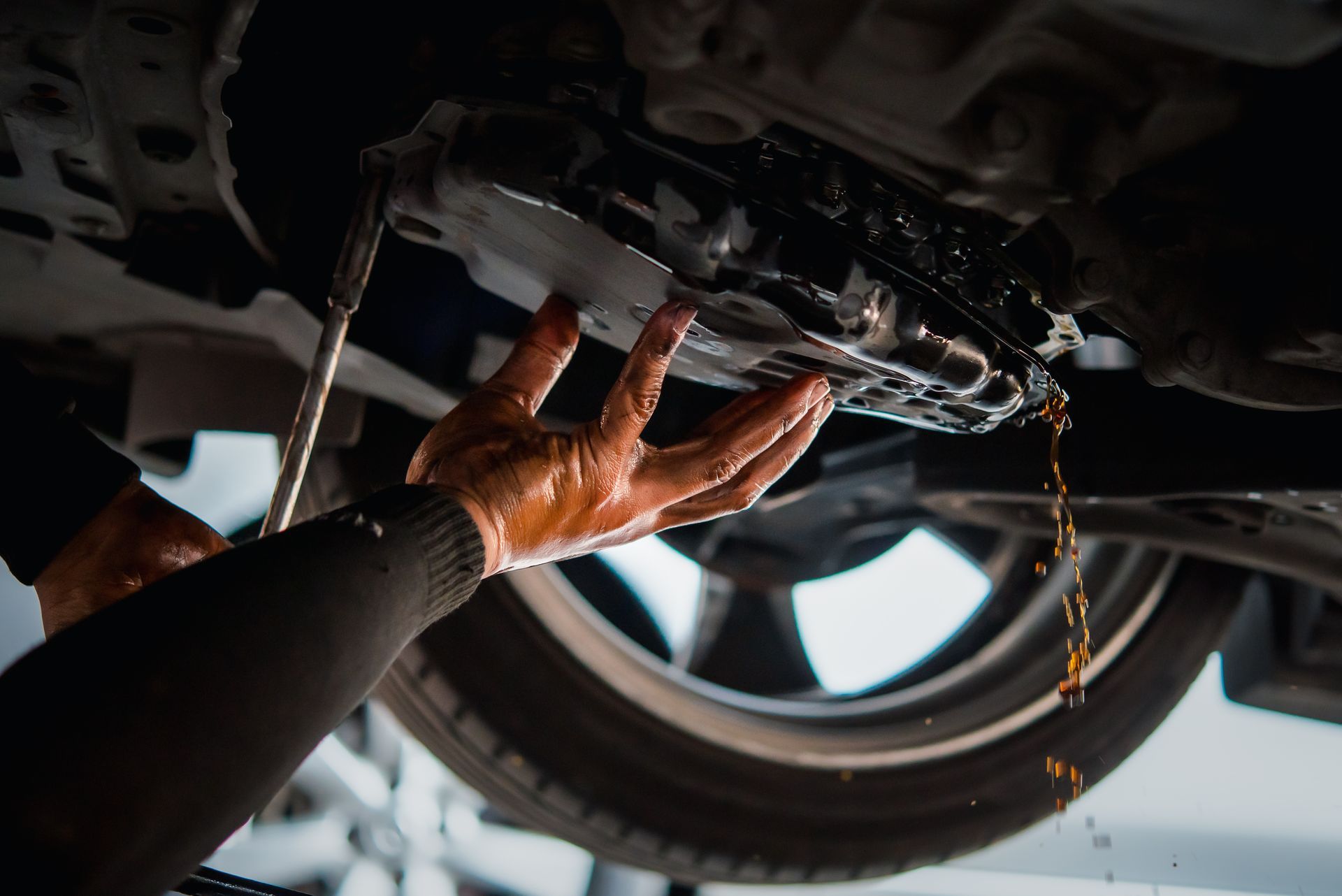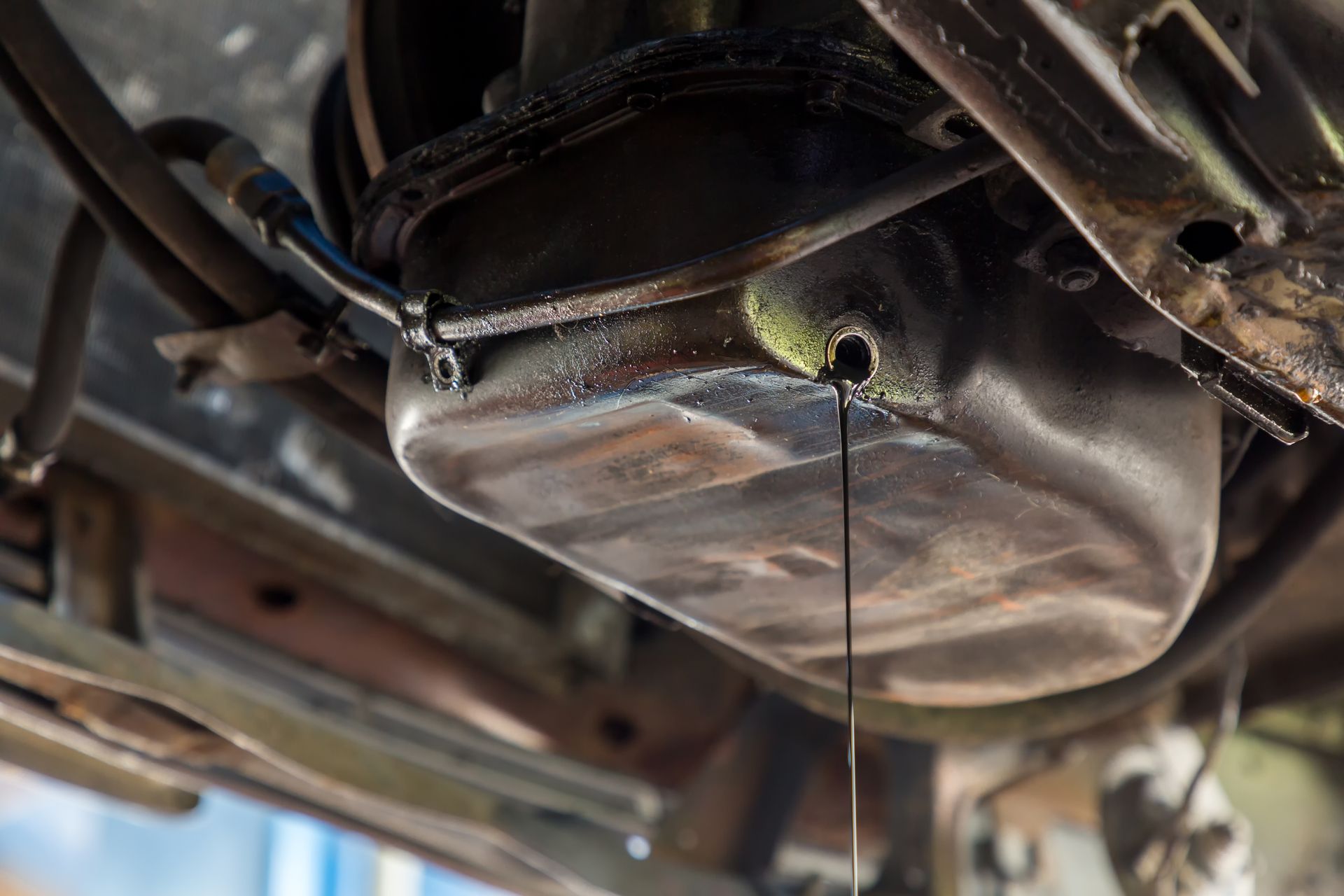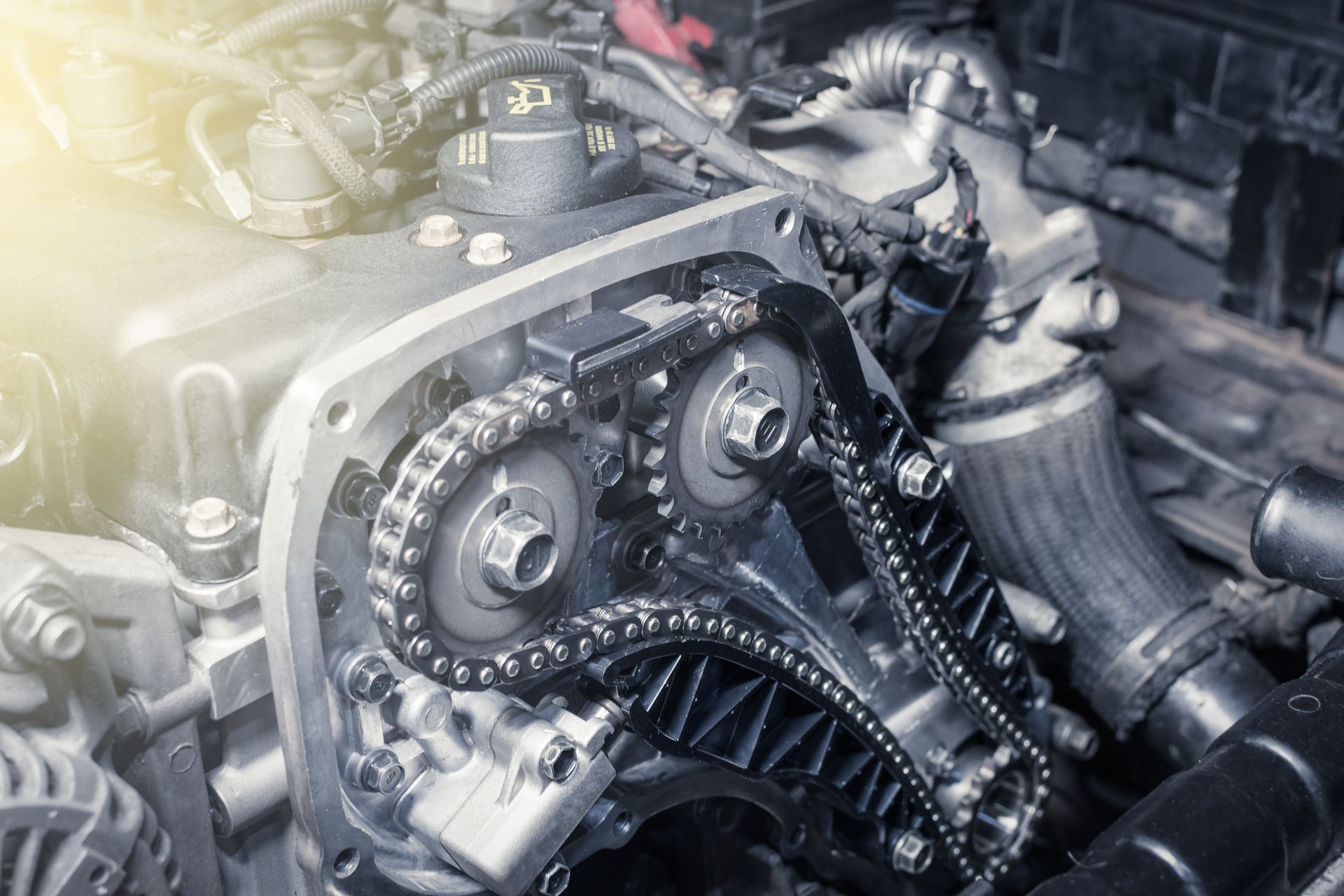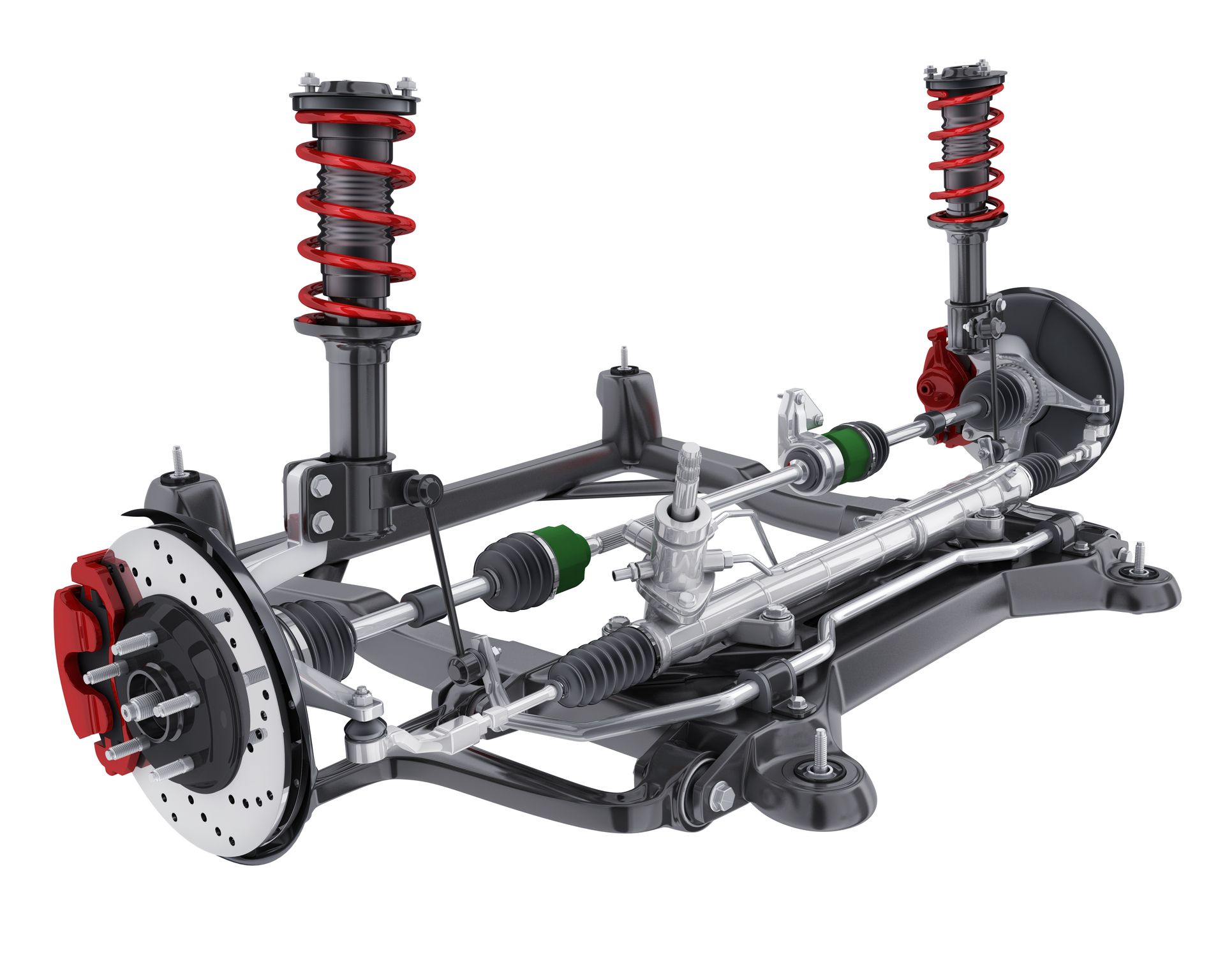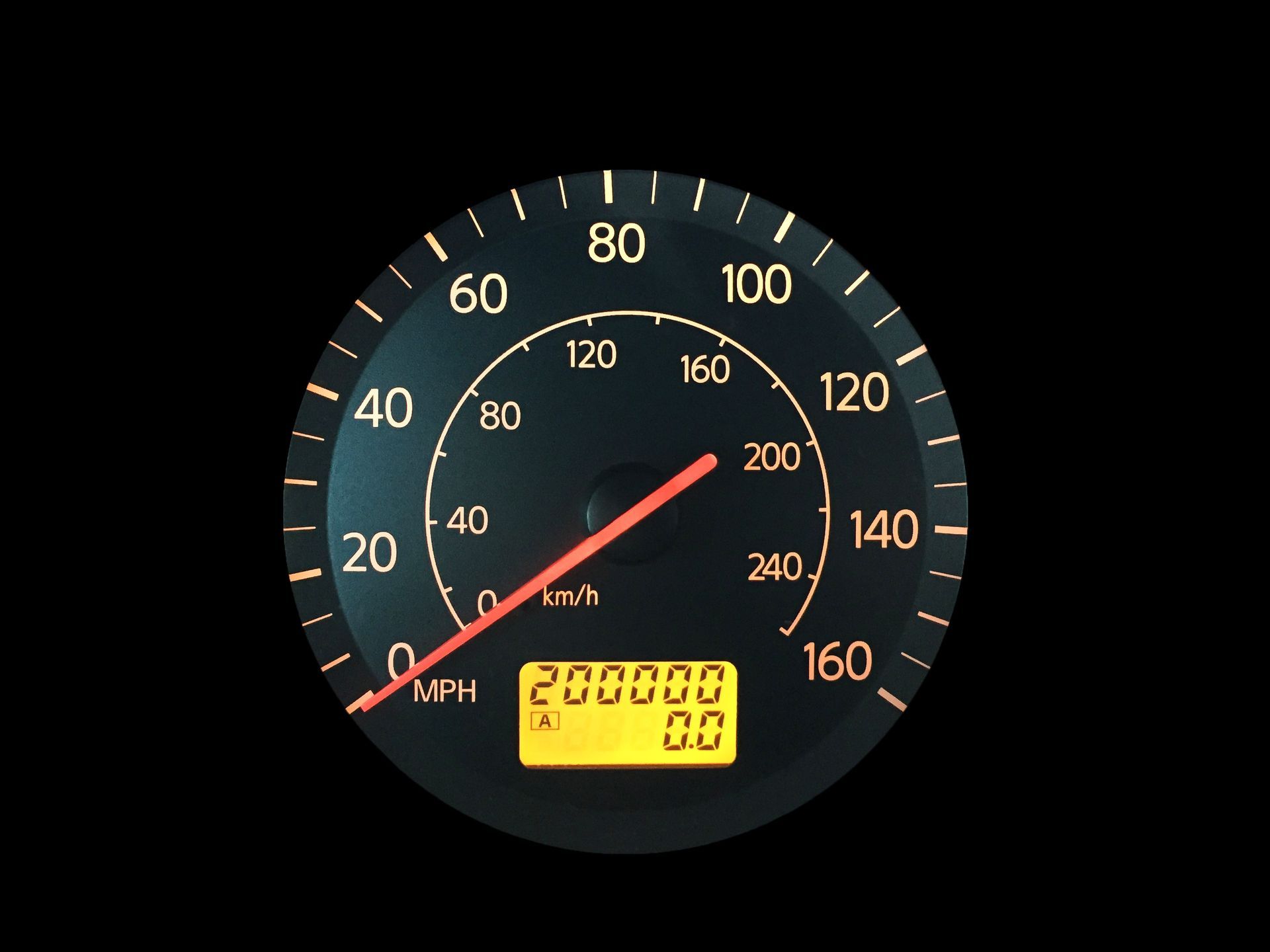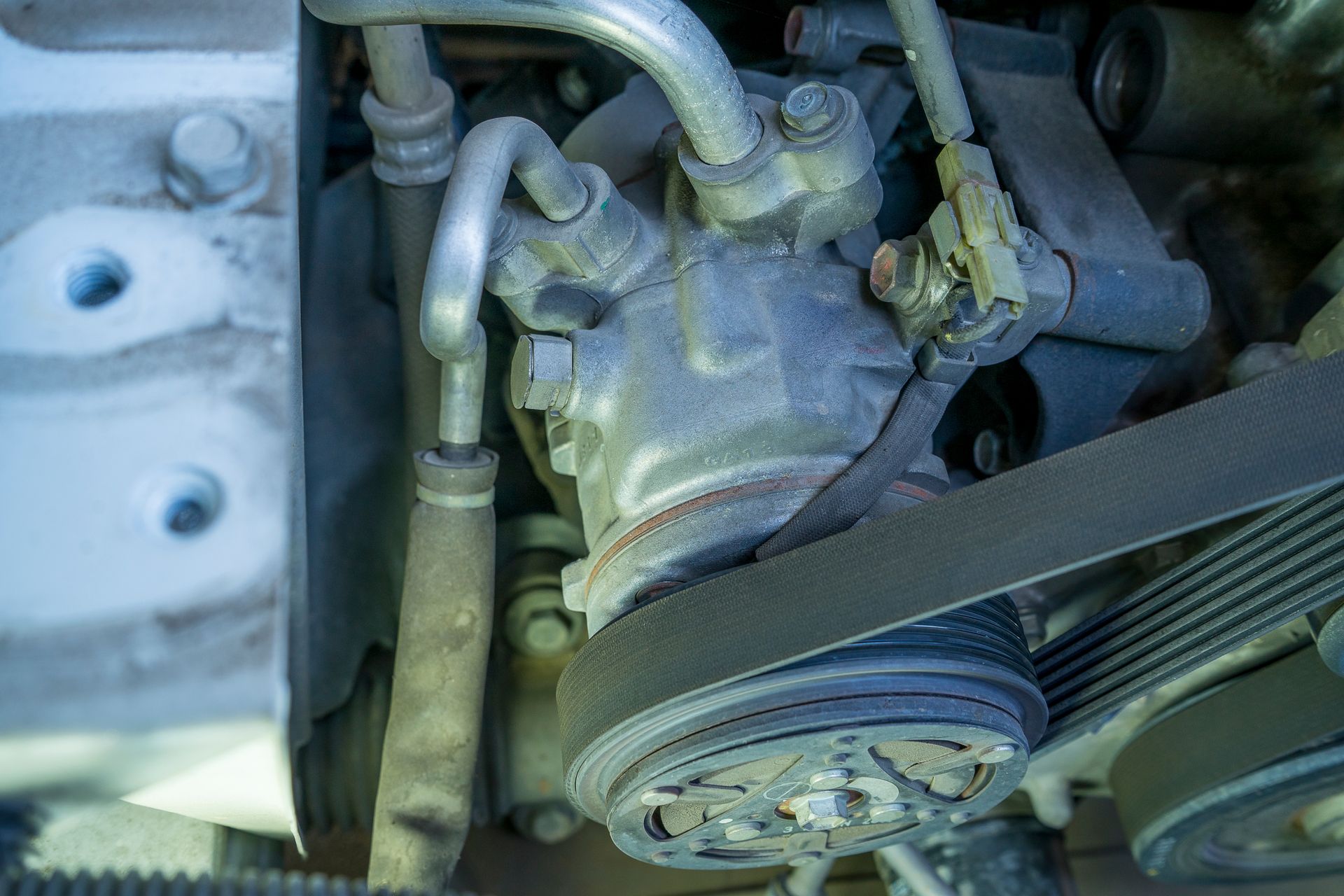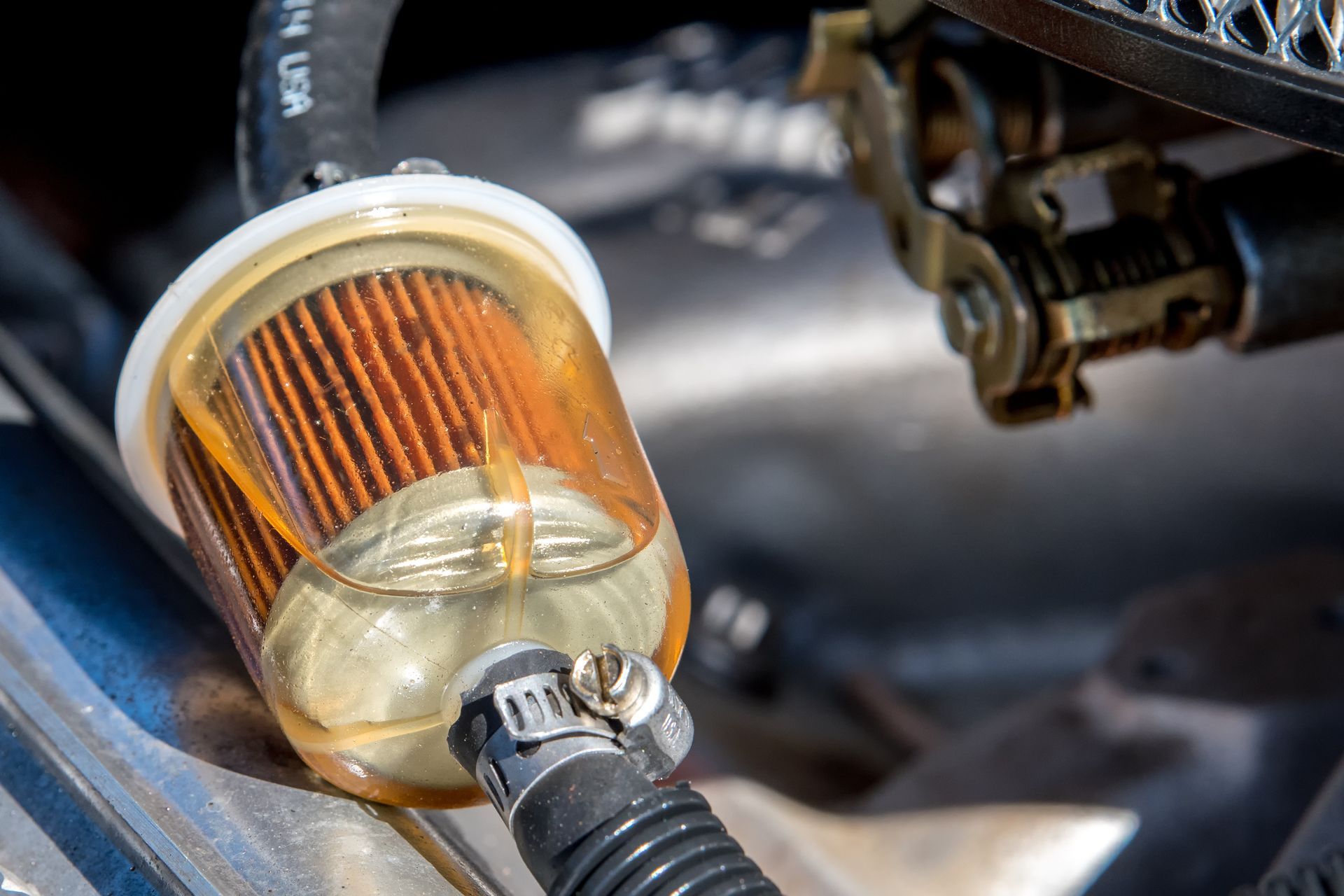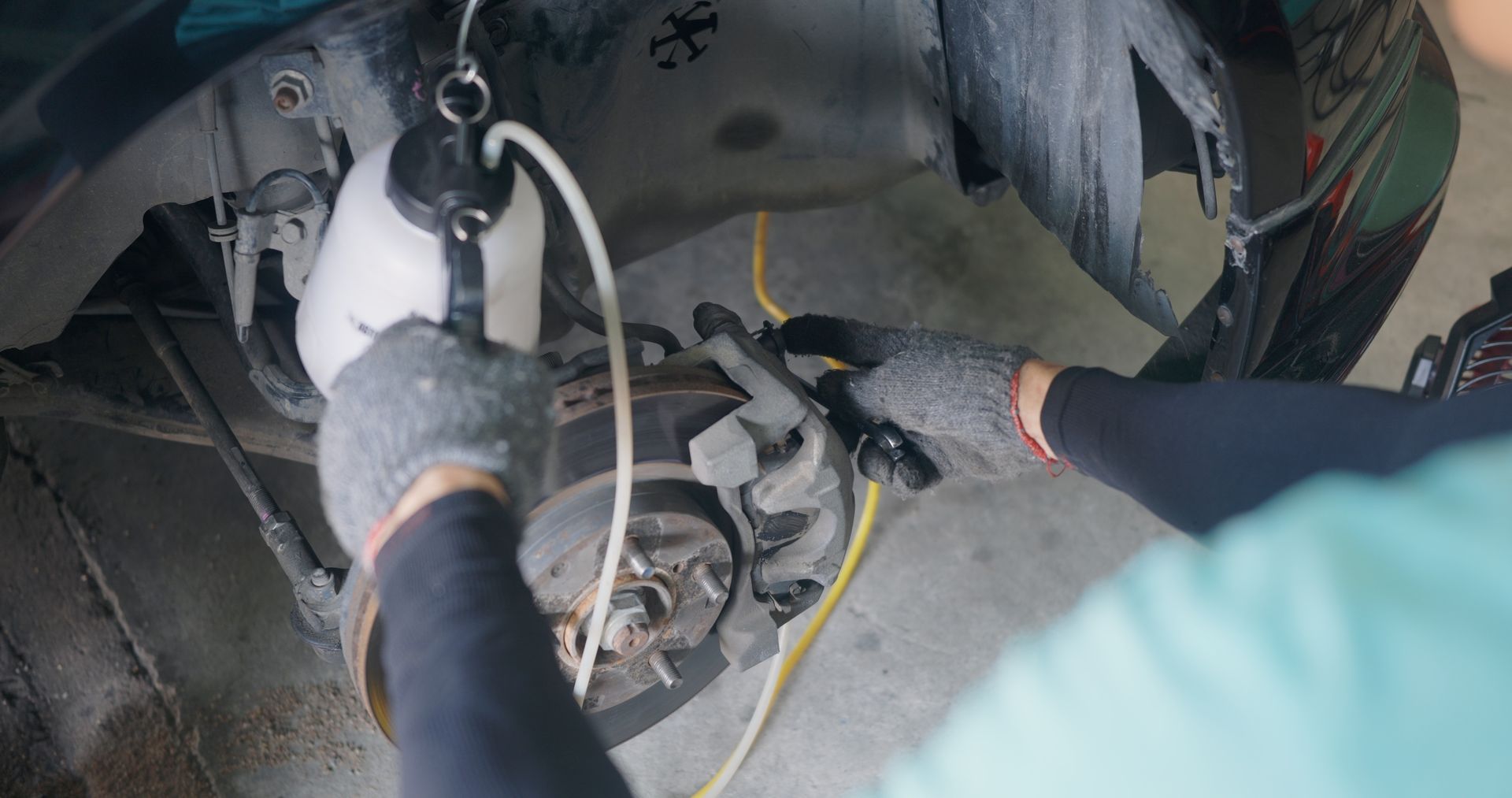The world of automotive engineering - where the transmission and engine play pivotal roles in powering your vehicle and ensuring a smooth driving experience. While it is genuinely fascinating, one might wonder how it all works.
Let's delve into the intricacies of these vital components and uncover everything you need to know.
Understanding the Transmission
The transmission serves as the intermediary between the engine and the wheels, transferring power generated by the engine to propel the vehicle forward or backward. There are two main types of transmissions: manual and automatic, each with its unique mechanisms and operation.
Manual Transmission
Manual transmissions, also known as stick shifts or standard transmissions, require the driver to manually engage and disengage gears using a clutch pedal and gear shifter. The driver can control the vehicle's speed and power output by selecting the appropriate gear ratio, offering a more engaging driving experience and greater fuel efficiency.
Automatic Transmission
Automatic transmissions, on the other hand, eliminate the need for manual gear shifting by employing hydraulic systems and planetary gear sets to select the optimal gear ratio based on driving conditions automatically. This seamless shifting process enhances driving comfort and convenience, allowing drivers to focus more on the road ahead.
Maintenance Tips for Transmissions
Check Transmission Fluid
Regularly check transmission fluid levels and condition, following the manufacturer's recommendations. Low fluid levels or dirty fluid can lead to transmission problems and premature wear.
Flush and Replace Transmission Fluid
Consider flushing and replacing transmission fluid at recommended intervals to remove contaminants and maintain optimal lubrication and cooling properties.
Inspect Transmission Mounts
Periodically inspect transmission mounts for signs of wear or damage. Worn mounts can lead to excessive transmission movement, causing vibration, noise, and potential damage to other components.
Avoid Overloading
Avoid overloading your vehicle, as excessive weight can put added strain on the transmission and lead to premature wear and failure. Follow recommended weight limits for towing and cargo capacity.
Practice Smooth Shifting
When driving with an automatic transmission, practice smooth acceleration and deceleration to minimize stress on the transmission components. Avoid sudden acceleration or harsh shifting, as it can accelerate wear and reduce transmission longevity.
The Engine
The engine serves as the heart of the vehicle, converting fuel into mechanical energy to propel the vehicle forward. Engines come in various configurations, including inline, V-shaped, and horizontally opposed layouts, each offering unique performance characteristics and efficiency.
Internal combustion engines operate by burning fuel within cylinders to produce mechanical energy. This energy is harnessed by pistons, which move up and down within the cylinders, driving a crankshaft to generate rotational motion. The engine's power output is influenced by factors such as displacement, compression ratio, and fuel injection system.
Engine Maintenance Tips
Regular Oil Changes
Ensure timely oil changes according to the manufacturer's recommendations to maintain proper lubrication and prevent engine wear and damage.
Check and Replace Air Filters
Regularly inspect and replace air filters to ensure proper airflow to the engine, promoting efficient combustion and optimal performance.
Monitor Coolant Levels
Check coolant levels regularly and top up as needed to prevent overheating and engine damage. Consider flushing and replacing coolant according to the recommended intervals.
Inspect Belts and Hoses
Periodically inspect belts and hoses for signs of wear, cracking, or damage. Replace worn or damaged components to prevent unexpected failures that could lead to engine problems.
Keep Engine Clean
Clean the engine bay to remove dirt, debris, and contaminants that can accumulate and affect engine performance. Pay attention to areas around the air intake, throttle body, and cooling system, as well as the EGR if the vehicle is a diesel variant.
For expert transmission repairs and maintenance, contact the team at Forthright Auto Repair, and experience the difference we are known for! From basic maintenance to complex repairs, we do it all.

